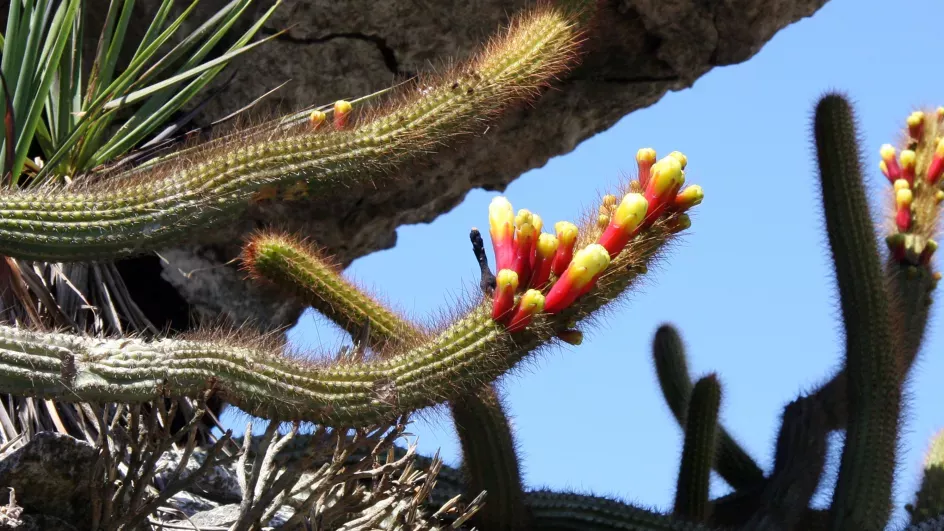Kew at CITES COP19
Kew is committed to ensuring sustainable trade of threatened species

CITES (Convention on International Trade in Endangered Species of Wild Fauna and Flora) is a global policy helping to fight the extinction crisis through wildlife trade regulations. The policy advocates for the sustainable use of wildlife and conservation of wild species.
The 19th meeting of the Conference of the Parties for CITES (CITES COP19) is taking place in Panama City, Panama on 13 November to 25 November 2022. A CITES COP is usually held every three years and is a critical meeting for wildlife conservation.
Kew is the UK CITES Scientific Authority for Flora and we will be attending CITES COP19 as part of the UK delegation to provide advice on all plant related topics. We will be presenting Kew’s work on the new CITES Dalbergia Checklist, Agarwood and edible orchids.
Kew will be hosting a CITES Dalbergia checklist side event with the CITES Secretariat and presenting at side events organised by TRAFFIC.
CITES resources
-

UK CITES Scientific Authority for Flora
We provide independent and impartial scientific advice on CITES.
-

Conservation Policy
Advising government and stakeholders, and ensuring Kew’s own work is carried out in line with, CBD and CITES.
-

CITES COP19 side events
Side events run every day at CITES COP allowing parties, NGOs or the CITES Secretariat to give talks or run workshops on focused topics. Kew will be involved in three side events:
-

CITES Dalbergia checklist - 15 November
The new Dalbergia CITES checklist will be presented at this side event hosted by Kew and the CITES Secretariat. Invited speakers will talk about the importance of CITES checklists, their use in enforcement, conservation of Dalbergia and more.
-

Saving plants that save lives - 16 November
Kew will be an invited speaker at this side event hosted by TRAFFIC to discuss authentication challenges and managing species adulteration along with the Medicinal Plants Name Service.
-

9-Step Guidance for Plant Non-Detriment Findings - 21 November
A Non-Detriment Findings is a risk-based assessment conducted by a Scientific Authority to ensure the export of specimens of a particular species will not impact negatively on the survival of that species in the wild. Kew scientists will provide their experience on using the 9-step NDF guidance.
Read more on COP19 and our CITES work
-

CITES COP19 explained: What is it and why is it important?
What is CITES COP19 and why are our scientists attending?
-

Dalbergia in danger: How a checklist sets out to save a genus
The upcoming release of a new checklist holds promise to combat the threat against Dalbergia species.
-

Fighting plant cyber crime
The internet boosts the illegal trade in endangered plants, but also helps combat it.